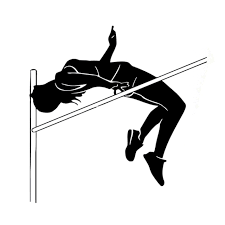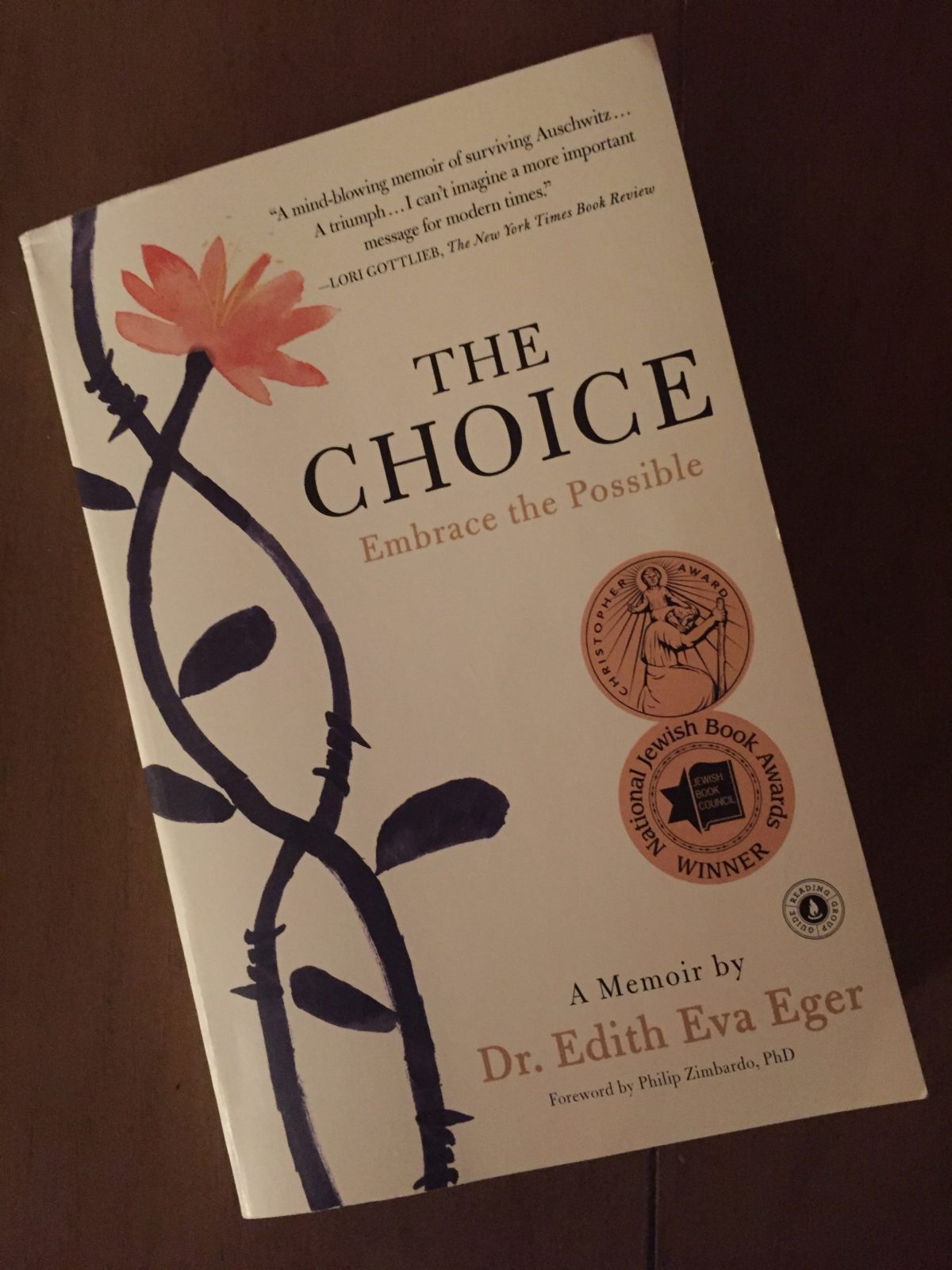I encountered a lot of grief last week. Not my own, but the deep-seated, clinging grief of others. Overwhelming grief that came in wave after wave after wave of drowning torture. Fellow believers baring their souls.
And it wasn’t just loss of a loved one grief. It involved loss of a dream, loss of a job, injuries that curtailed work and careers, mental illness in loved ones, anxiety and depression, self-esteem issues and fear.
Some of the grief was fresh, some of it lingering. Some of it was being clung to like a mantel, and it produced a soul-breaking shame.
It reminded me just how much all of us need prayer, and how little time we usually devote to it.
And it reminded me that just like getting your day started right, getting your year started right means beginning it with focused prayer.
But what do you pray for?
Taking stock of what you can take stock of for your year—
There are certain things we know will likely happen in the year, and things we hope to happen. It could be continuing in the same job, having to interact with the same difficult co-worker that was a thorn in your side in 2018. It could be a new semester of tough professors; or a new job. A wedding, a joining together of two families.
Whatever is already on your 2019 calendar, it’s not too early to start praying. Or too late. God is still on the throne and He majors in the business of changing lives—yours and others.
And if you really don’t know what to pray for, then spend your prayer time asking God to reveal that to you. He will. He wants us to pray. Praying for the right thing in the right way with the right motive is a sweet aroma to Him. And just sitting in His presence, listening to Him can reveal a plethora of insights and new directions!
I’ve been blessed to be a witness to some pretty powerful results of prayer, both as a recipient and a participant. What I’ve learned over the years is:
- EVERYTHING needs to be committed to God in prayer.
- Prayer should be our first resort, not our last.
- While you’re making plans, He orders your steps.
- Unless the Lord builds your house, you labor in vain.
But what about all of your past failures? Are they holding your prayers back?
It’s so easy to get mentally and emotionally stuck on our past failures. And that can affect how we view our futures and how we set goals, make plans, and pray.
In pastor, author and writing coach Cecil Murphey’s January newsletter, he offers some advice on how to flip the outlook and enjoy more—and better—results.
“In 1987, six of us talked about the year ahead. We were good friends, met regularly, and decided to meet New Year’s Eve and read from a list that began with, ‘I resolve to . . .’
Each of us read our list and *Joel was the last, but he hadn’t written anything. ‘I just can’t do it. Each year I start out with grand ideas and strong determination of things I want to achieve. By the end of February, I’ve failed.’ He talked for a couple of minutes about individual fiascos such as developing an exercise program and being on time for appointments.
One of the others said, “But even if you failed, you tried.”
I didn’t see that response as helpful to Joel and was trying to figure out what to say. Then, in one of those rare moments of clarity, I said, ‘I’ll bet you never learned to ride a bicycle.’
“I certainly did!”
‘But didn’t you spill a few times?’
‘Everyone does—‘ and then Joel started to laugh. ‘I get it! I don’t have to remember my past when I plan my future.’
I thought of Joel’s words today and how well he had said them. Then I pondered several times where I’d fallen short of my goals last year. Although I struggled with guilt, my lack of success hadn’t crippled me.
‘I didn’t succeed in everything last year,’ I said aloud. ‘I don’t have to focus on what I didn’t do right. I can concentrate on what I want to achieve.’
Are you like Cec Murphey’s friend, Joel? Focusing on the past failures rather than the times when you tried and tried and tried again and finally succeeded, like when you learned how to ride a bike? Or when you learned how to walk? You probably don’t remember that one, but you undoubtedly fell repeatedly on your diapered fanny and kept at it until you successfully toddled around and then sprinted.
Do you approach your prayer life like that kind of persistence and trust in the One who hears your prayers?
Or does your past keep worming its way into your memory and soul, dragging you down and short circuiting your prayers, robbing you of your future hopes and dreams?
Getting your year off to a great start with prayer—
Because our prayer life is so important, and we need to get 2019 off to a great start, ll of the January Meditation Mondays posts will be dedicated to prayer.
Some of the prayer topics and ideas we’ll look at include:
- Prayer and Relationships
- Discerning Prayers
- Using God’s Word to Breathe New Life into your Prayers
- Imparting (and Teaching) a Heritage of Prayer
And while I’m a firm believer in parking yourself in a quiet corner of your home with your Bible, journal, pen and maybe some prayer beads, to spend quality, undistracted communing time with the Lord, I do realize that sometimes schedules make it difficult if not impossible to get on your knees in solitude. And when that happens, we usually throw our hands up in despair and are overcome with guilt.
For those times, we’ll look at some effective and satisfying options that let you multitask your prayer time with another, beneficial activity. The ideas will help you practice the encouragement St. Paul gives us when he says, “Pray without ceasing.”
It will become a sweet, fruitful habit. And in the process, you’ll find yourself becoming more receptive and responsive to the Holy Spirit’s voice. And that’s a benefit all of us need!
Until next Monday,
start brainstorming all of the things you could—and should be—bringing to the Lord in prayer.
And start by praying for yourself!
Blessings,
Andrea
“Certainly there was an Eden….We all long for it, and we are constantly glimpsing it.” —J.R.R. Tolkien
*Not his real name



 Andrea Arthur Owan is an award-winning freelance writer, speaker, teacher and blogger. Her nonfiction and fiction work has appeared in books, secular and religious magazines and newspapers, teaching manuals, devotionals and theater productions. She is also a certified fitness pro and licensed, ordained chaplain.
Andrea Arthur Owan is an award-winning freelance writer, speaker, teacher and blogger. Her nonfiction and fiction work has appeared in books, secular and religious magazines and newspapers, teaching manuals, devotionals and theater productions. She is also a certified fitness pro and licensed, ordained chaplain.